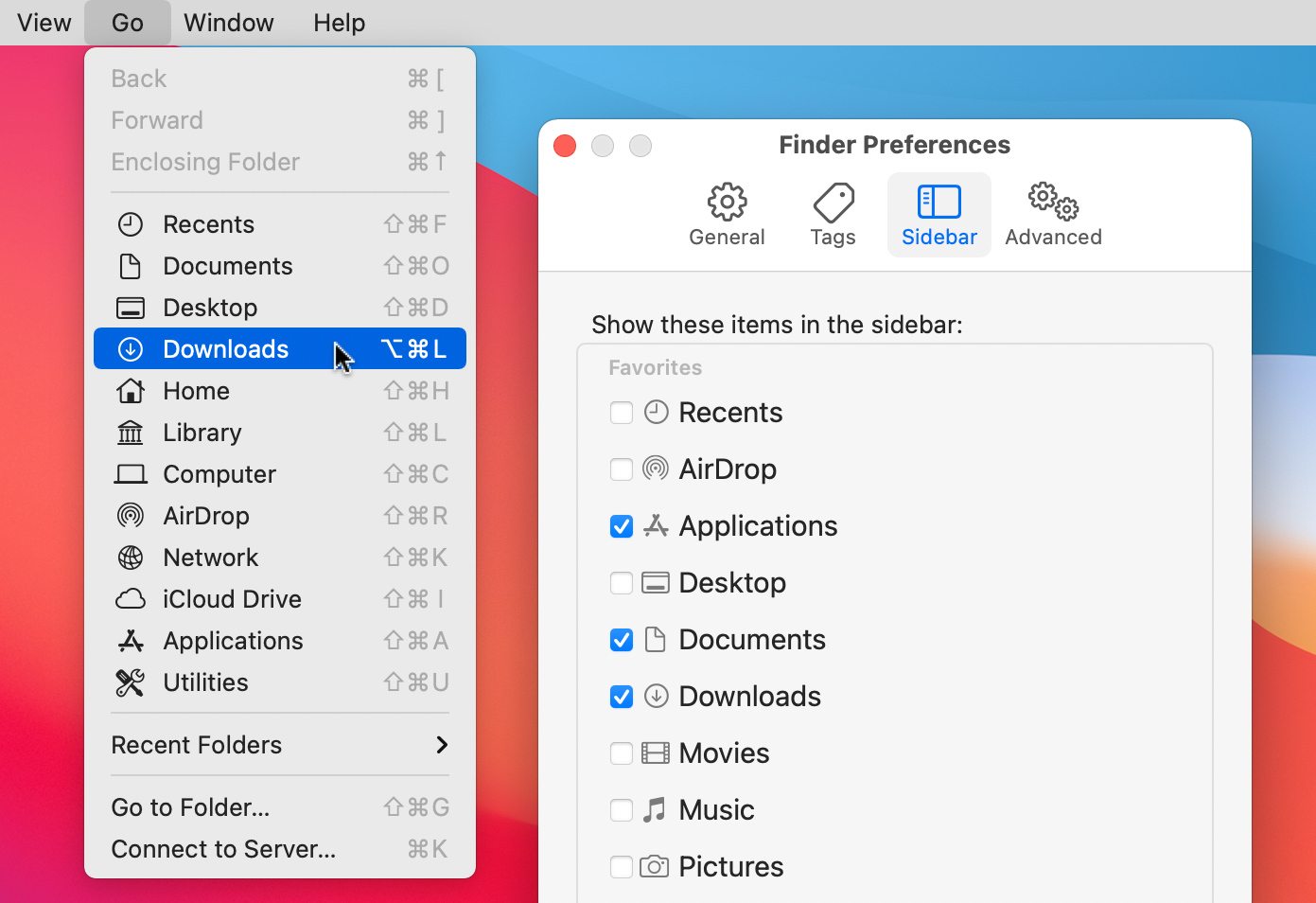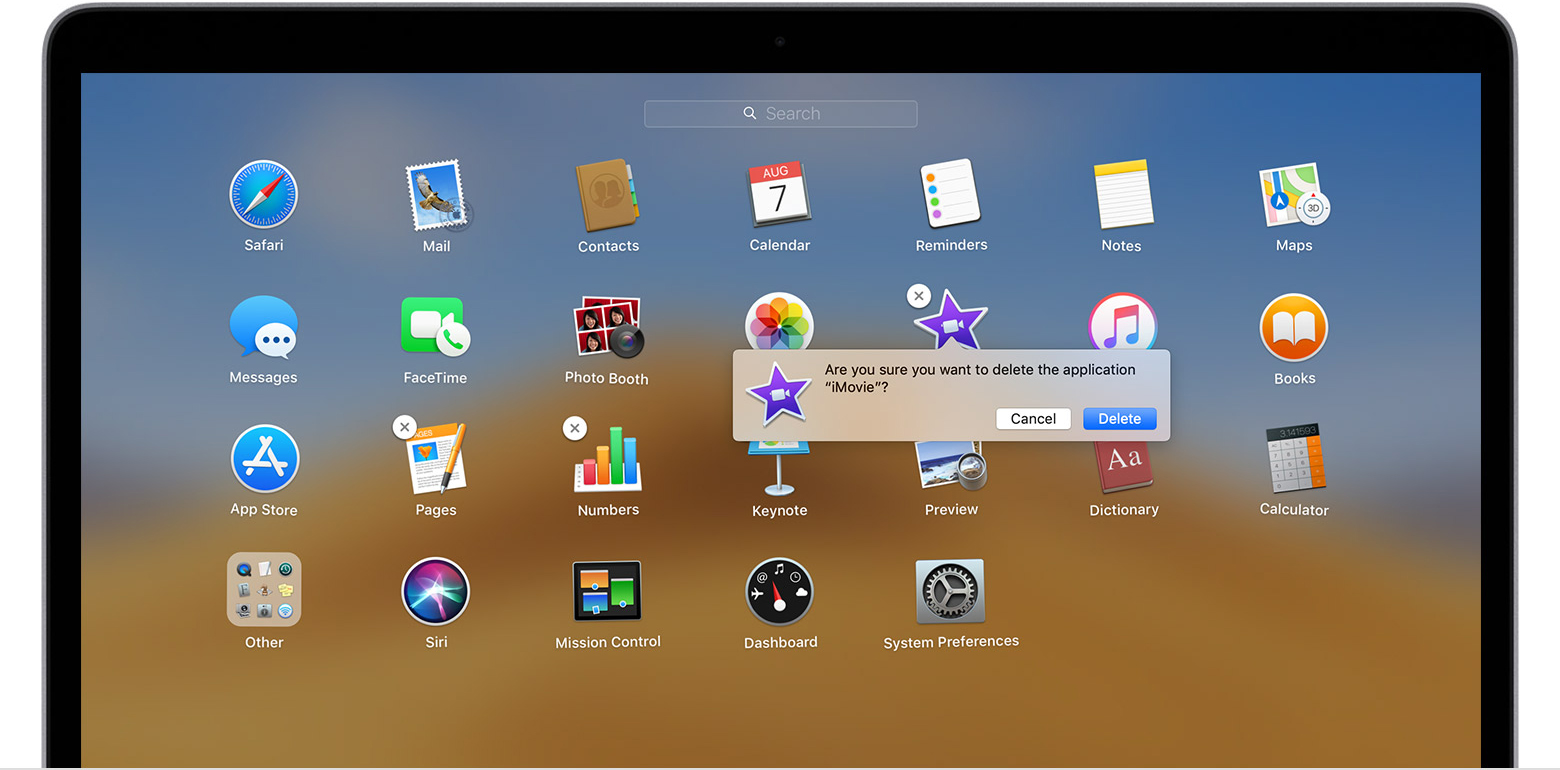Benefits of deleting temporary files
How to Delete Downloads on Mac. Nearly all files we download to our Macs end up either on your Desktop or in the Downloads folder. While the former is always visible and thus much easier to take care of, the latter quickly turns into the never-ending stream of files. Restart your computer, then check to see if you have more disk space back. Temporary, invisible install files that are marked for deletion might be removed after a restart. The largest file in the installer app package is 'InstallESD.dmg' which is 4.95 Gb.
Storing temporary and cache files, alongside everything else stored in your Mac, takes up space that could be put to better use. Depending on how many apps you use regularly, you could be storing dozens - even hundreds - of cache and temporary files without realizing it, all incrementally slowing your Mac down.
Cache and temporary files can include everything from the web browser cache and history, including cookies and passwords, messaging cache folders, partially completed downloads, app temp files and folders, and so much more, taking up space on your Mac.
Types of temporary files:

- browser cookies
- outdated system logs
- application cache
- intermediate document versions

Why do browsers collect cache?
Most web browsers will only try to hold onto a limited amount of cache data and cookies. This helps your browser run faster when loading a web page that you’ve visited before. But it won’t hold onto everything. Most will try and self-clean this data after a period of time.
And apps also hold onto as much as they need and will sooner or later try and clear out that data. Automated cache clearing doesn't always work, and sometimes, when an app or web browser isn’t working properly - or if you've fallen victim to malware or adware - a direct intervention is needed to clear out temporary files and cache data to get an app, browser or other application to work as it should.
The old caches may cause software glitches and compatibility issues.
Delete temporary files with CleanMyMac X
Clearing out unnecessary temporary and cache files will increase the amount of hard drive space available, and it should improve your Mac's overall performance and speed. You can do this in two ways: manually — which we cover below — or using a time-saving tool, such as CleanMyMac X.
Get a free version of CleanMyMac — a link to free download.

According to the developer, this app removes up to 74 GB of junk on average Mac. Most of it is system junk, in other words, temporary files and caches. If you are overloaded with temporary files and too much cache data, it will highlight this, and you can safely delete everything, saving you time and space. Another way to clear out cache files and data is to go through your files manually. Here is how you do that.
How to delete temporary files manually
Before you begin, always back up your Mac. Whether you use Time Machine, iCloud, or a third-party hard drive or cloud-based storage system, make sure you’ve got everything backed up.
If You Delete Downloads On Mac
There are 4 main types of caches you'll encounter on your Mac:
- Caches: temporary data that apps and websites use to load things faster for you
- Preferences: customized settings for your apps
- App Support: large pieces of app data, like game saves
- Containers: sandbox used by apps to exchange data

Here is how to clear temporary files from a Mac
- Quit or close any open and active apps. To make sure this is done, Force Quit anything that hasn't closed properly. Anything that needs to be closed that way might benefit from a cache clear out.
- Go to the Finder in macOS.
- Press down the Shift-Command-G keys to pull down the Go menu in Finder.
- Type
~/Library/Caches/and click Go. - This will show you the full range of caches and temporary files stored on your Mac. Be certain which ones you want/need to delete before sending them to the Trash.
- To send cache folders to the Trash, either right-click and select Move to Trash or drag and drop them into the Trash.
- Empty the Trash — the same way you would when removing any other files - to clear them out of your Mac.
A typical cache file looks like this: “com.apple.iTunes”.
{bntest} Latin kit auditory lab vst.
Deleting browser cache
Unless you are either deleting everything with some apps, you can make these same changes in settings. For example, in every web browser, you can clear the cache, cookies, saved passwords, and browser history.
How to empty the cache in Safari:
To clear caches in Safari, first, go to Safari Preferences (Command-Comma). Then, select the Advanced tab and check the box next to the 'Show Develop menu' option. Then, click Develop menu and choose Empty Caches.
Other web-based apps also have settings that give you control over the cache and cookies, so to avoid deleting everything, you might want to go to the specific app containing the data and clearing it out that way.
Another way to safely delete temporary files, cookies, and the cache is to Restart your Mac. If you keep it running and in sleep mode for days or weeks at a time, there are a lot of automatic maintenance systems that can’t operate until you restart or shut down your Mac then start it up again. So restarting your Mac is doing it a big favor and should help it run smoother.
Locate hidden temporary folders with CleanMyMac
Did you know there is a way to peek under the hood of your Mac? The tool we've just told you about, CleanMyMac X, has an instrument for viewing the inner parts of your macOS. Epson l382 adjustment program key. It's called Space Lens. It looks like this:
These 'bubbles' represent folders of different sizes. Here you can explore the Library and other distant parts of your computer.
- Get the app here for free (a link to the developer's site)
- Once you install the app, click the Space Lens tab in the sidebar.
- Explore! This tool is really fun.
How To Delete Downloaded Files On Mac
Dragon ball z tap battle apk data free download.
The outdated system files may hold back the performance of any Mac, even the most powerful models. And that's why Mac cleaning software exists. Either you choose a manual or automatic cleanup, your Mac will thank you for it. Hope you've learned something helpful today. Come back for more Apple/Mac tips.